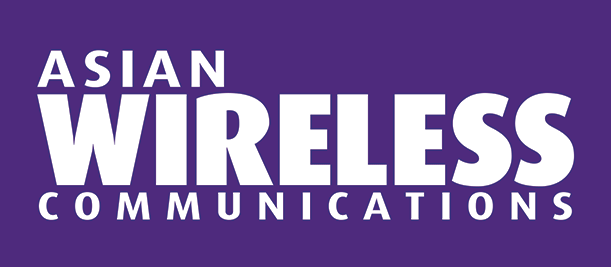07 October 2025

The Taliban government in Afghanistan has initiated a sweeping crackdown on internet access, with the latest move involving the imposition of a ban on fibre optic internet services across the country.
Authorities have confirmed a Wi-Fi shutdown in the northern Balkh province, with plans to extend the restriction nationwide. The Taliban has indicated that this ban will ultimately cover the entire country, marking one of the most severe restrictions on digital connectivity since they regained power in August 2021.
Reports from various provinces suggest widespread disruptions, with internet access reportedly cut off in regions including Baghlan, Badakhshan, Takhar, Kunduz, and Nangarhar. According to Reuters, as many as ten provinces have experienced outages. An official statement cited by Afghanistan International emphasised that the order from Taliban leadership is “irreversible” and will be enforced across the nation.
The government justifies the measure as an effort to “prevent immorality,” but it represents a significant departure from previous policies, as it is the first such internet shutdown since the Taliban’s return. The ban affects not only household users but also government offices, private businesses, and public institutions, all of which are now left without Wi-Fi internet access. While most Afghan provinces previously enjoyed fibre optic connectivity, this has now been halted. Mobile internet services remain available but are reportedly slow and costly.
Officials have mentioned that alternative solutions are being explored to meet essential needs, although details on these measures remain unclear. The Afghanistan Media Support Organisation has strongly condemned the move, arguing that it disrupts access to vital information and services for millions of citizens. It also poses a serious threat to freedom of expression and the work of journalists.
The restriction is expected to have far-reaching consequences beyond individual users, with businesses suffering from reduced online activity and the interruption of digital commerce. Additionally, access to fixed internet has played a crucial role in providing educational opportunities, particularly for girls, which may now be jeopardised by the ban.
This policy shift appears to contradict earlier statements from Afghanistan’s Communications Ministry, which last year highlighted the country’s growing fibre optic infrastructure, including over 1,800km of network and plans for an additional 488km. The recent crackdown signals a significant reversal in the country’s approach to digital connectivity, raising concerns about the future of internet freedom and development under Taliban rule.






